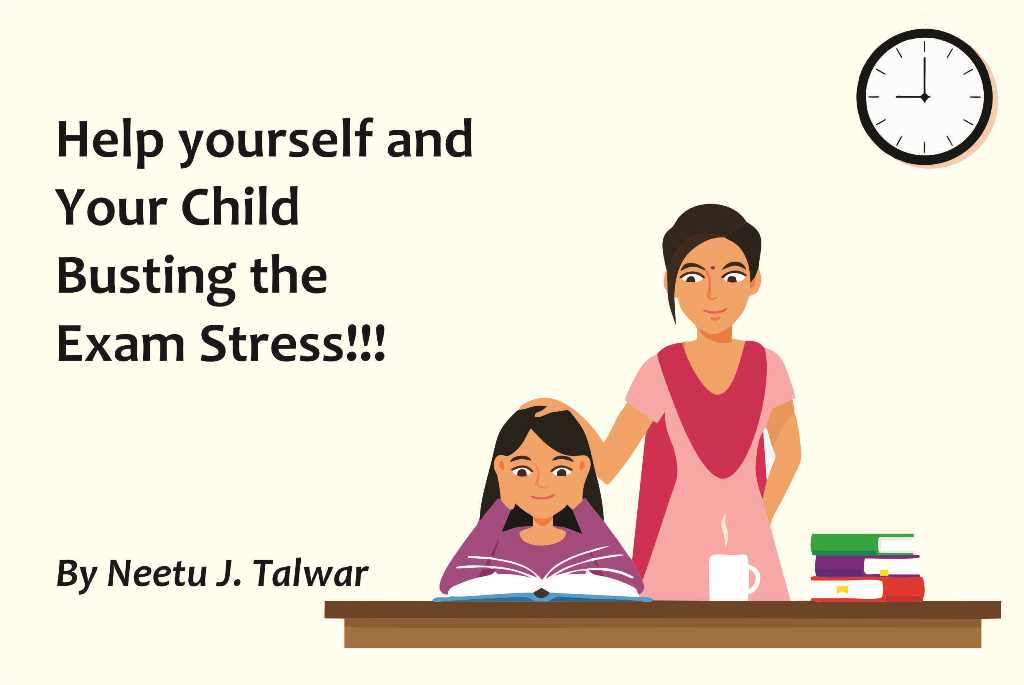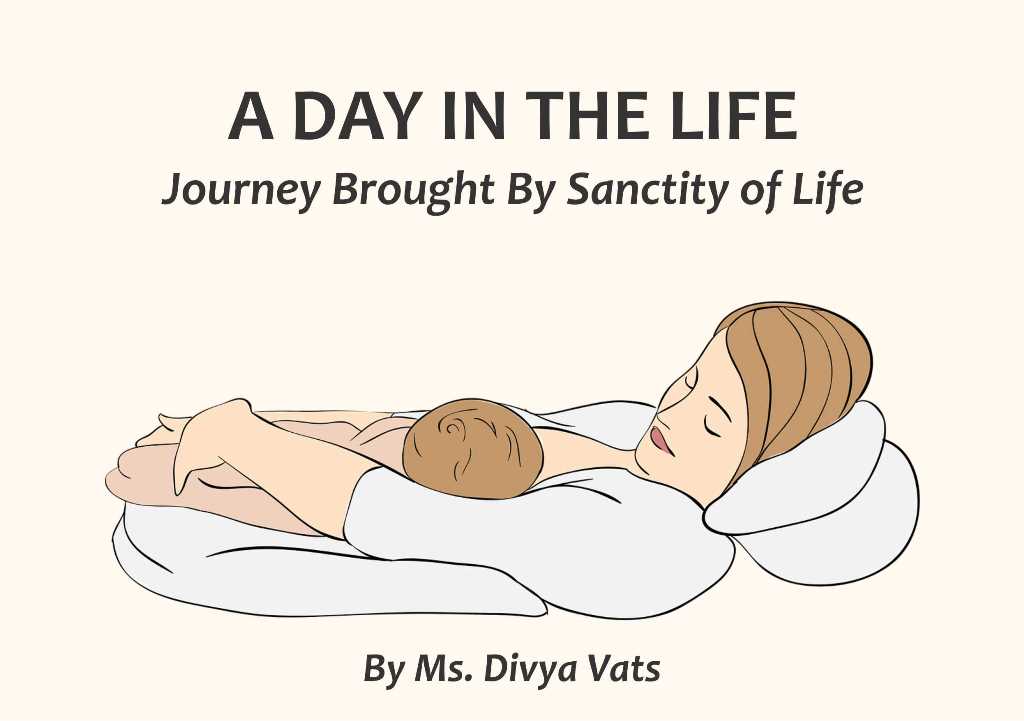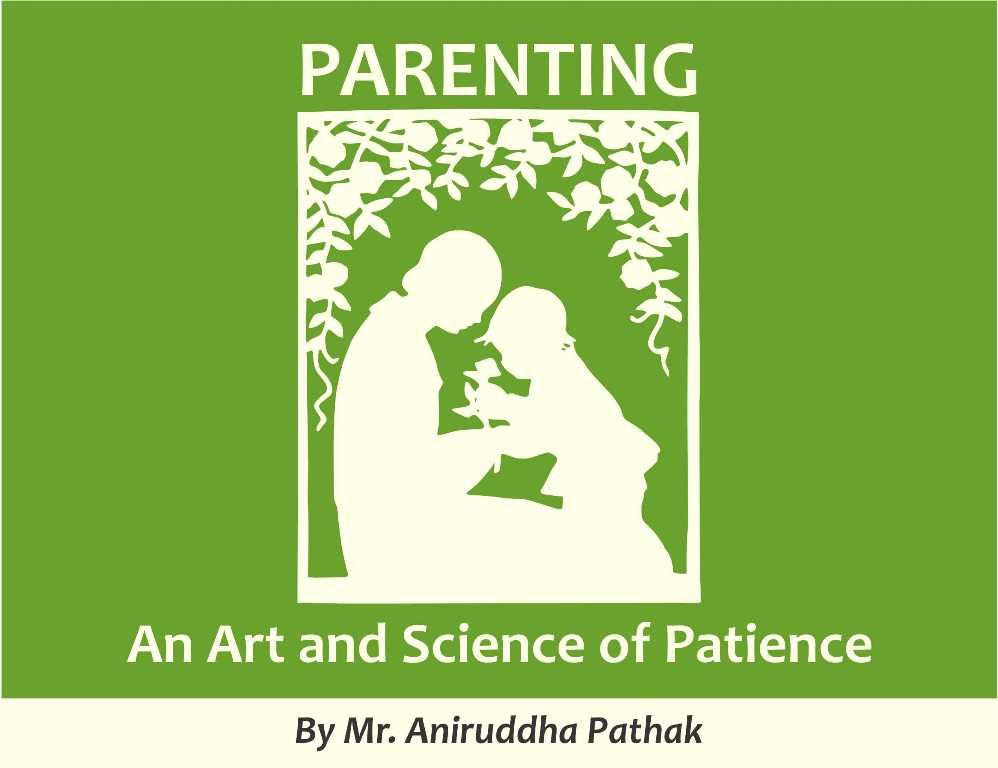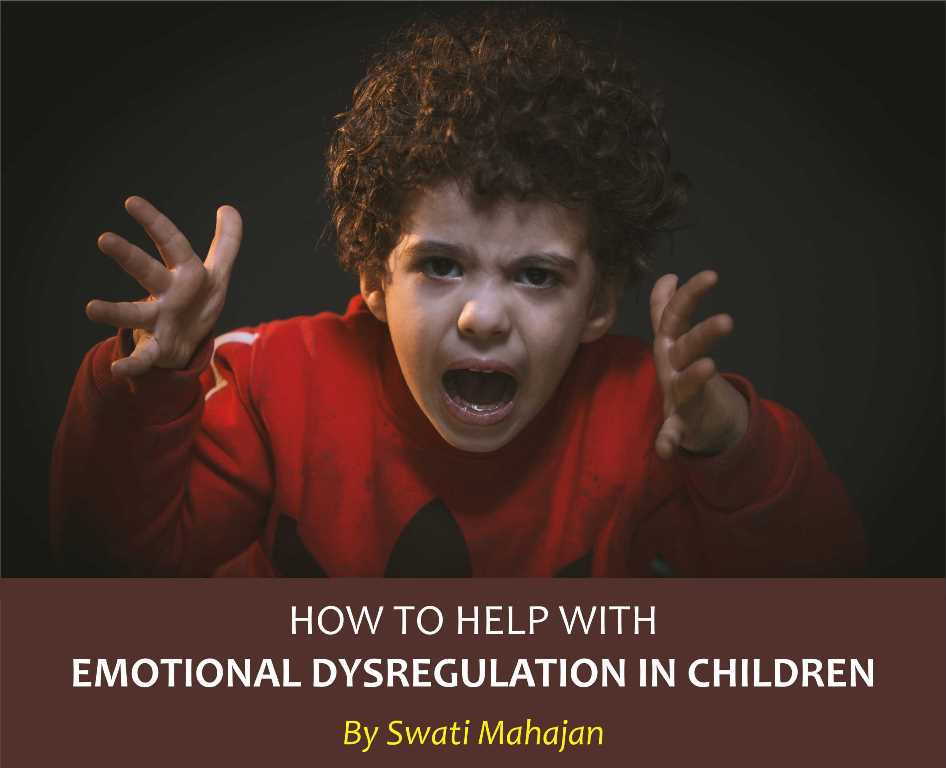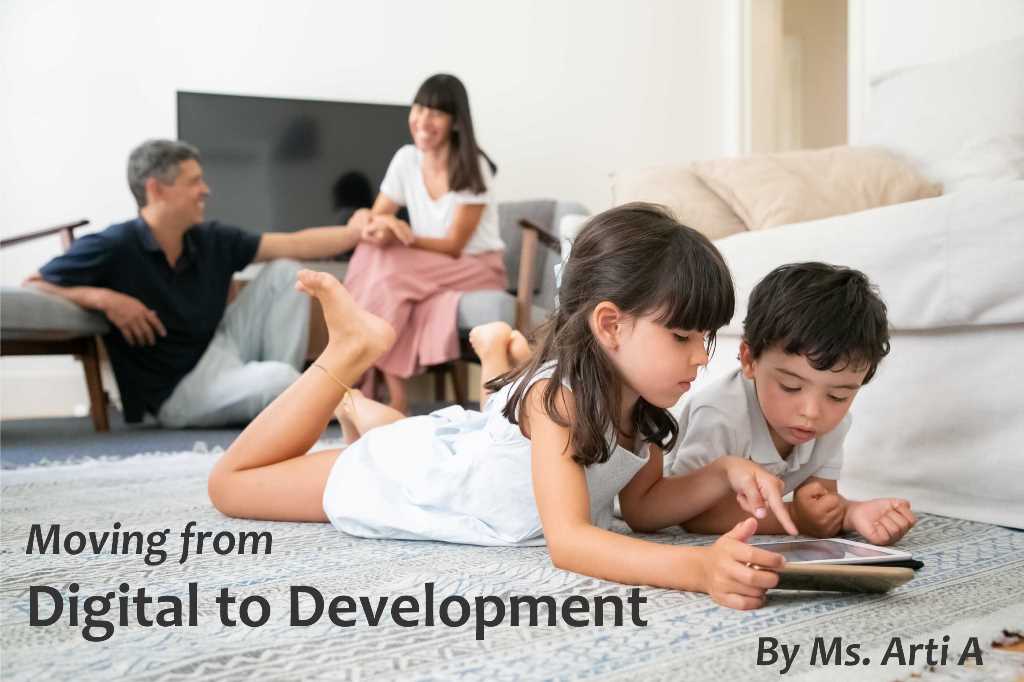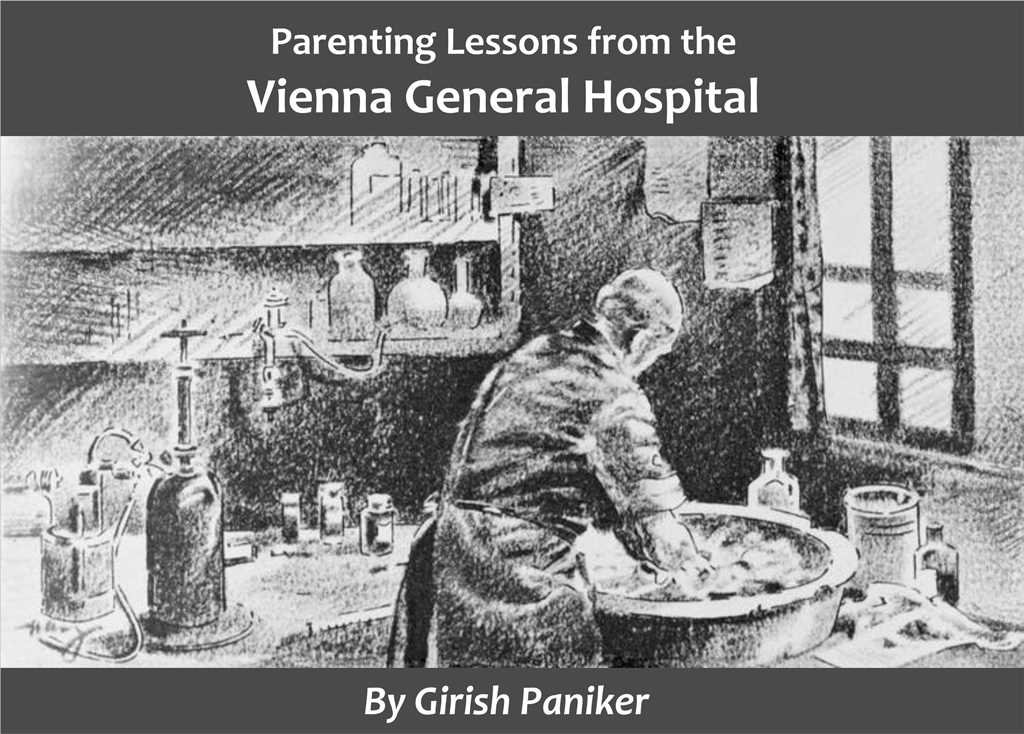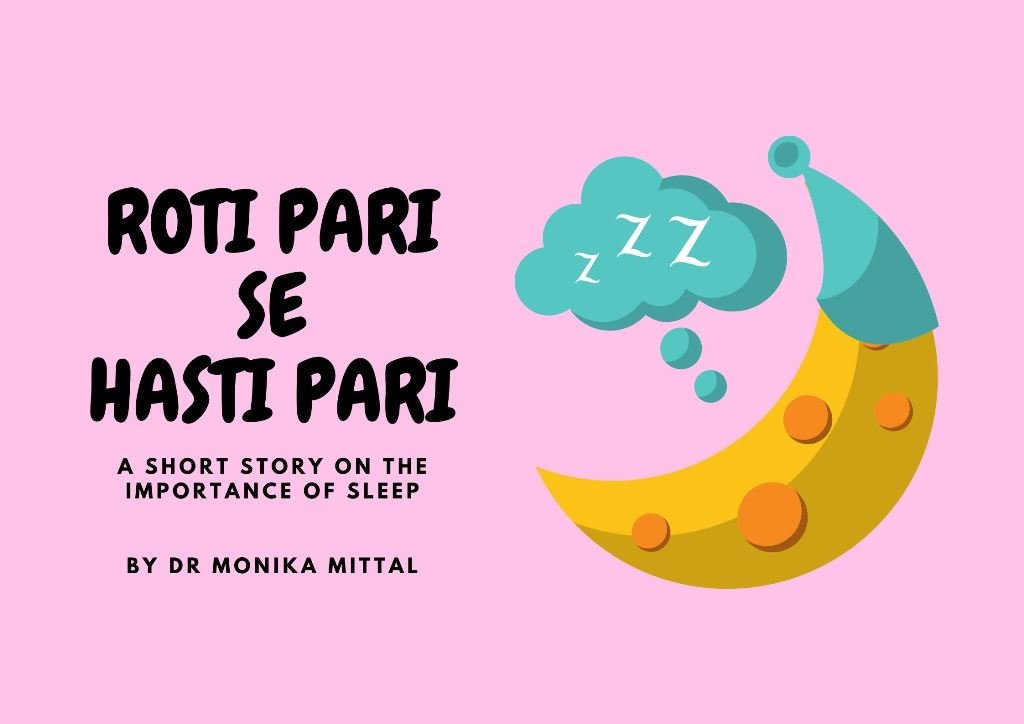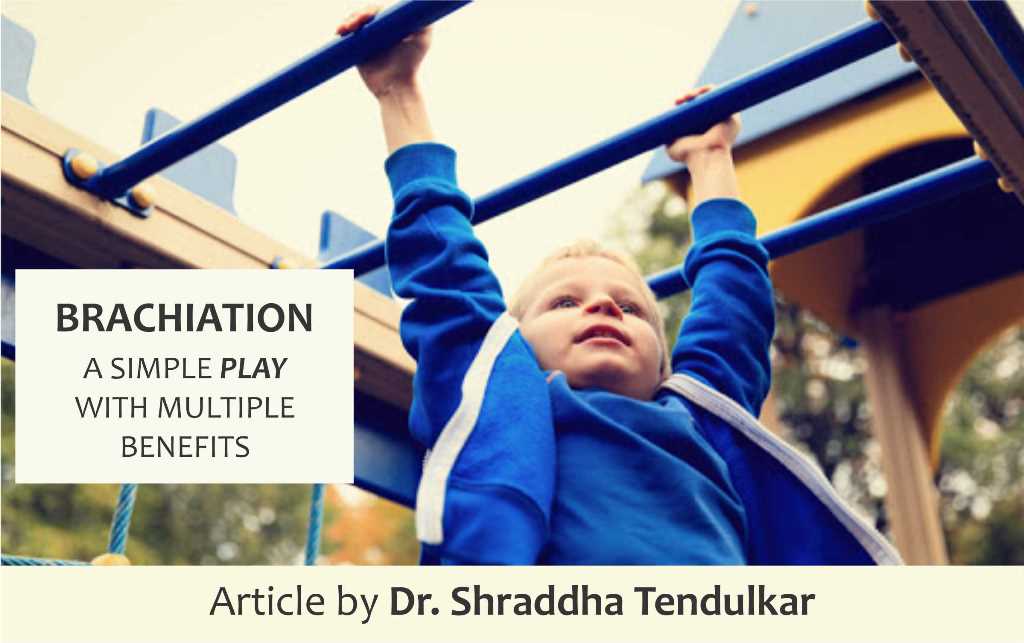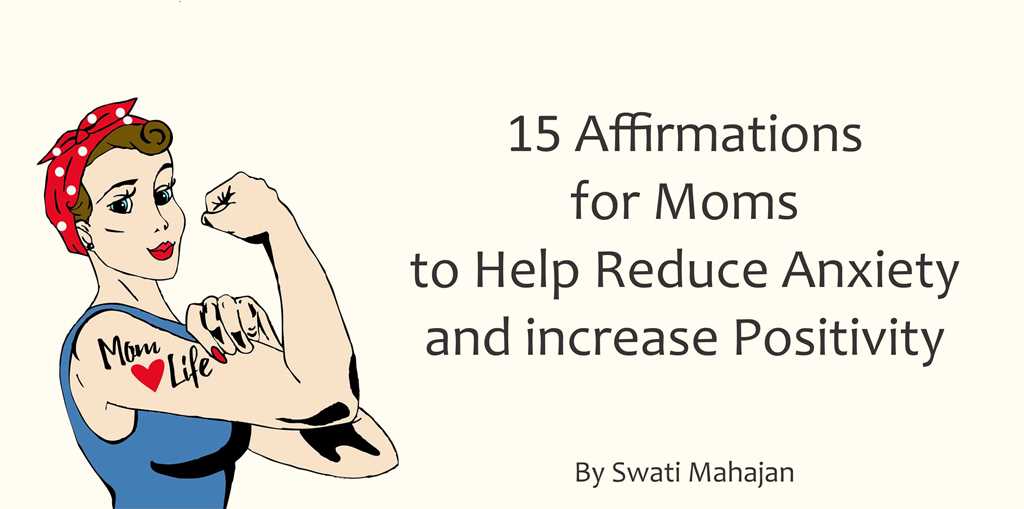Help Yourself and Your Child Busting the Exam Stress!!!
Parents easily get stressed when the exam time of the children draw closer. Exams can really be stressful for the entire family, but in reality, it needn’t be this way. It’s understandable that the child will experience stress and anxiety. If we as parents stress out, kids will stress out even more. Instead of putting additional pressure, there is a lot that parents can do motivate their kids for scoring well and prepare systematically for their exams.
Here are 10 practical and handy tips for the parents that will help them prepare their kids score well in the exams and reduce stress:-
- Know your child’s Exam time table – A very helpful way to help reducing yours and your child’s stress during their exams. Parents must know what exam the child has got next in order to help them prepare on time. It proves to be an extra element of support. You can simply add it to your calendar or pin a copy of the exam time table onto the notice board.
- Regular monitoring of their studies– Always take some time out to monitor your child’s progress. Sit with your child and design a schedule so that he or she has enough time for revision. Lending a helping hand in building a useful schedule for their days and weeks will help them efficiently utilizing their time. Don’t let them putting off all the preparation for the last days.
- Cut back on distractions– Any distractions, be it TV, gadgets, phones, gatherings, parties or even a disturbance from siblings must be avoided. It’s imperative to give your child the right atmosphere during exams to make him perform and score well. Try to allocate a comfortable room or a space in the home for your child to study in peace.
- Do not compromise on child’s nutrition – Your Child health might get affected while dealing with exams pressure. An extra and special care is very much required keeping in mind the pressure child has on his mind. Adding fresh and seasonal fruits may do wonders for them. It helps them improving their concentration levels.
- Enough sleep is fundamental – Be it school or exam, enough sleep is essential for a child to perform well. Teenagers have a habit of catching up on social media before bed which can cut the sleep time resulting in them being tired right before their exam. Prohibiting device in bedroom especially during exams or cutting off the internet is highly recommended. Installing parental control is also advisable during exam time.
- Help them to be active – Encourage them to take breaks between studies. As studying continuously will tire out the brain and affect the ability to retain knowledge. A power nap, stretching exercises, listening to music OR dancing can refresh and re-energize them. Processed food, high caffeine or sugar intake can make kids anxious during exam days. Teenagers are recommended not to exceed 100 ml of caffeine a day. Encourage them to take plenty of water.
- Never compare your child – Comparing your child with other kids, using negative words to demean them, or questioning their caliber on the basis of scores will just hurt the sentiments of the child. His true potential shouldn’t be measured with scores in the exams. Parents must remember that exams are just one of the many challenges your child will face and it’s not the end of life. So, take it easy!
- Reward your child efforts- Rewarding your child is important to motivate them to put their best foot forward. Don’t bribe them with expensive gifts. A simple family outing or catching up with friends or cousins after the exam can help the child to take his pressure off.
- Identifying warning signs, if any – Its imperative to ensure your child’s mental well-being too. It’s natural to feel anxious during exams. But if there are signs of extreme anxiety, loss of appetite, anger issues or irritated mood, these could indicate that the child is not keeping well. Always keep a check, intervene and talk to them at the right time.
- Stay calm – Don’t build too much pressure on them. Stand in support of your child, believe in his abilities, help them preparing for the exams without overburdening them with your expectations.
So, stay calm! And if you can’t, fake it till you make it. Try to hold your stress inside and not to discuss with your child.
Hope these tips will help you and your child staying stress free in the days of examinations. These tips will not only help them coping with stress but will also form the right outlook for exams.
Author
Neetu J. Talwar
ESL Trainer and Parenting Coach from Deep

